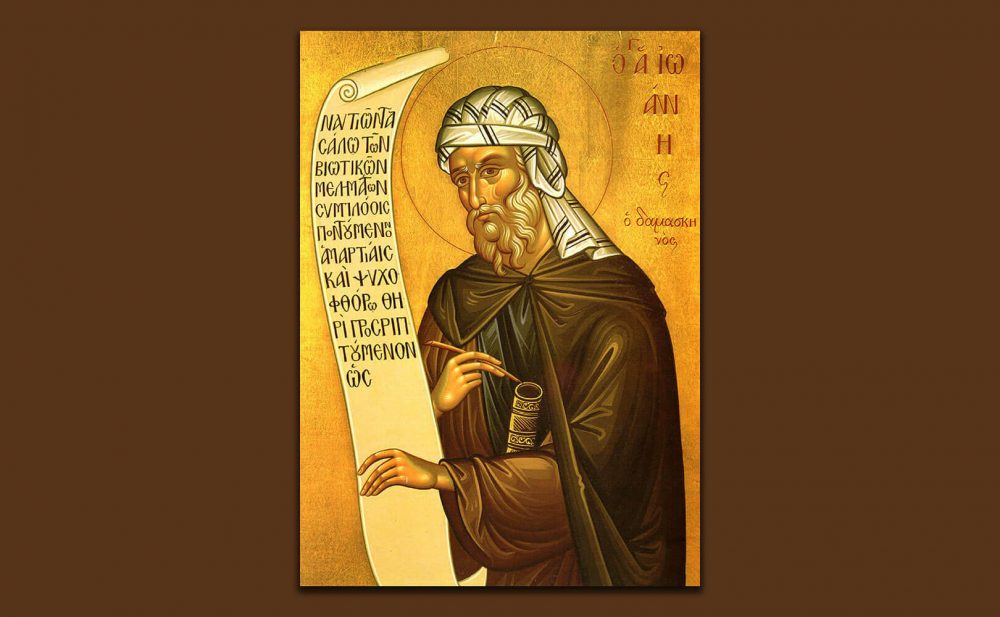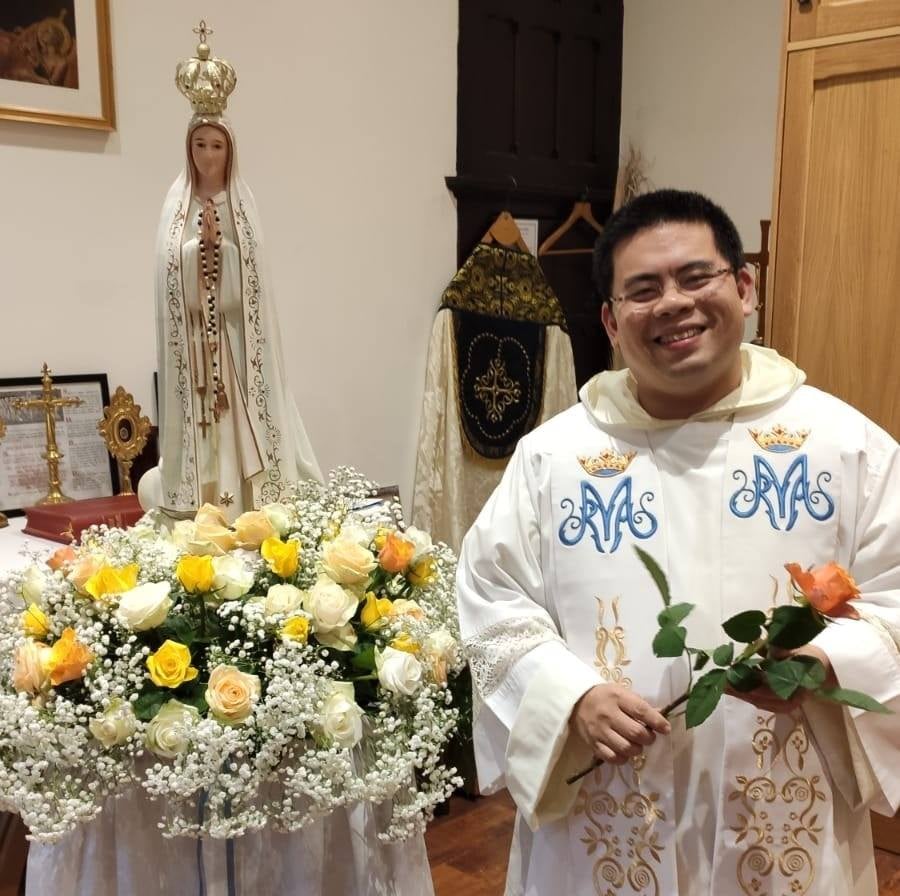This 3rd Sunday of Advent, the Gospel (Luke 3:1-6) invites us to reflect on the life and mission of St. John the Baptist. His ability to attract and inspire people stemmed from his coherence of life—living what he preached. His guidance to the crowds, tax collectors, and soldiers emphasized practical virtues like charity, honesty, and justice. John’s example teaches us that true authority comes not from titles but from moral integrity. As Advent calls us to prepare for Christ’s coming, let us seek silence, conversion, and intimacy with God, so we too may radiate His light to the world.










